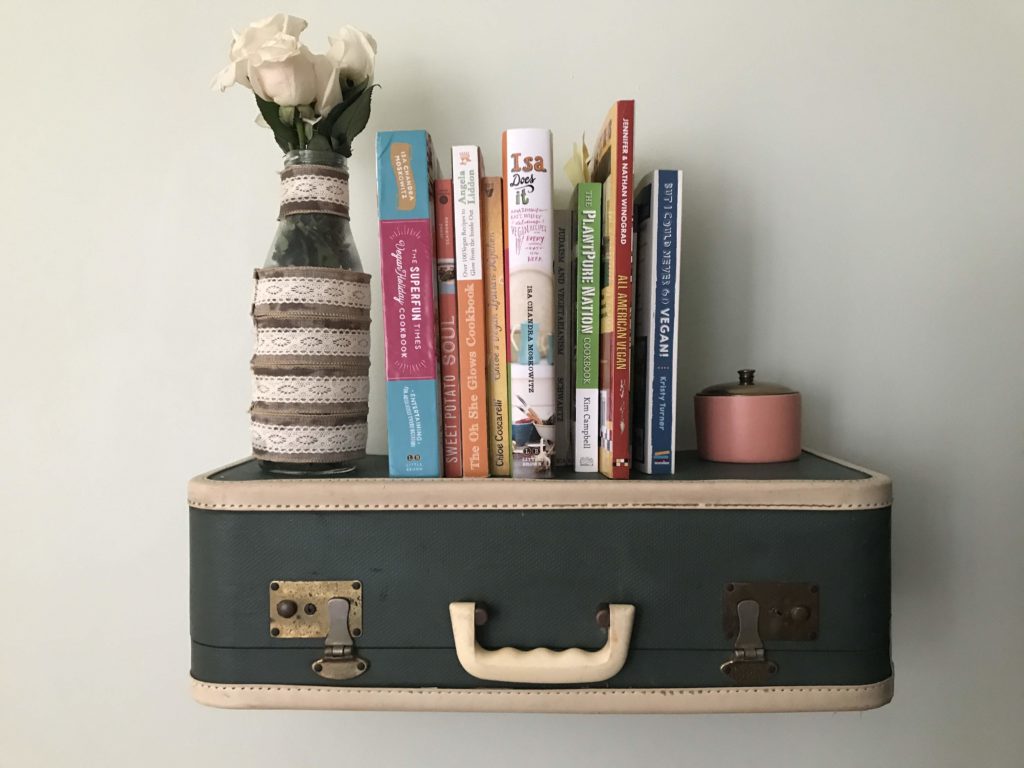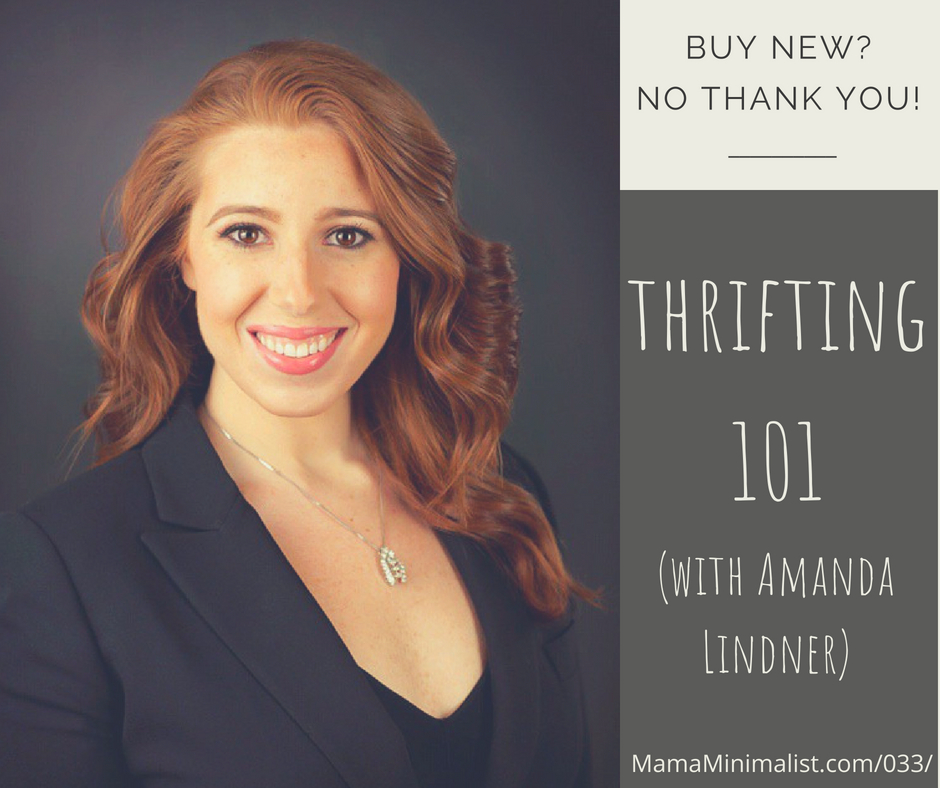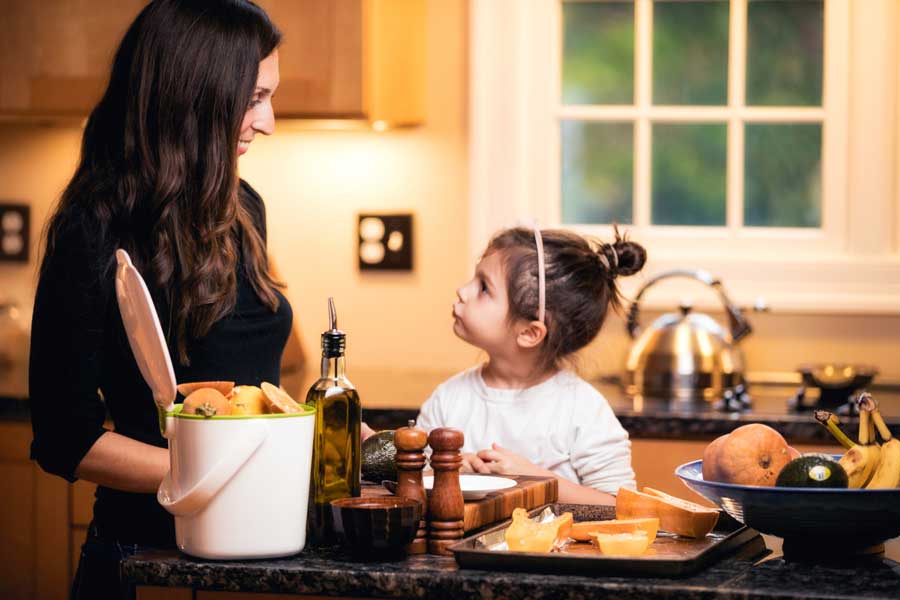Thrifting 101: Tips for Savvy, Modern Shoppers
Thrifting 101: An interview with Amanda Lindner.
Interviews are always best in audio. Listen here!
Amanda Lindner is a vegan + environmental advocate in New York City. She lives a zero-waste lifestyle + runs a social media blog to document her sustainability journey.
In her day job, Amanda serves as the Director of Communications for Avodah, a Jewish social justice nonprofit.
Before moving into the nonprofit world, Amanda was an award-winning journalist + government press secretary. Her zero-waste Brooklyn apartment was recently featured in The New York Times.
_____
Thrifting benefits:
_____
Buying secondhand:
– Saves serious money (Amanda’s entire apartment cost her less than $500!)
– Keeps existing items out of the landfill
– Enables you to talk to the seller directly, which allows you to have control on your purchase’s packaging
“Thrifting is really just a game of Hide + Go Seek.”
Twenty-first century thrifting:
_____
Savvy, modern thrifters look beyond brick + mortar storefronts. They frequent websites instead, including:
Local Buy Nothing groups on Facebook

Amanda’s best thrifting tips:
_____
– Begin your search with an open mind. Realize you may not find the exact color or style you’re hoping for.
– Practice personal mindfulness by recognizing the difference between wants + needs.
– Be patient.
– If you visit a brick + mortar thrift store, arm yourself with a list.
– If you don’t find what you’re looking for the first time around, keep going back. Inventory changes often!
Notable quotes from the episode:
_____
“While there are so may issues in the world that I deeply care about, it would be really hard to stand up for any of them if there’s no planet to stand on.”
“It’s one thing for me to protest the (Keystone) pipeline, but if I’m going out + buying a water bottle that uses the same oil that creates that plastic + I’m subsidizing those industries then I’m actually a big part of the problem. I didn’t want to be a part of the problem anymore.”
“We have a vote with every dollar we spend. The markets respond to consumer demand.”
“When I say my entire apartment cost me $500 I mean everything. From the furniture to the forks.”
“There’s absolutely nothing pioneering about what I’m doing. I don’t claim to be doing anything revolutionary. I’m just trying to cause the least amount of harm possible + hopefully bring a few people along on this journey with me.
“Don’t let commercialism tell you what you like.”
“If we demand that our products that are sustainable and long-lasting + cause little to no environmental harm to our planet then the market will follow us instead of us following the market.”


